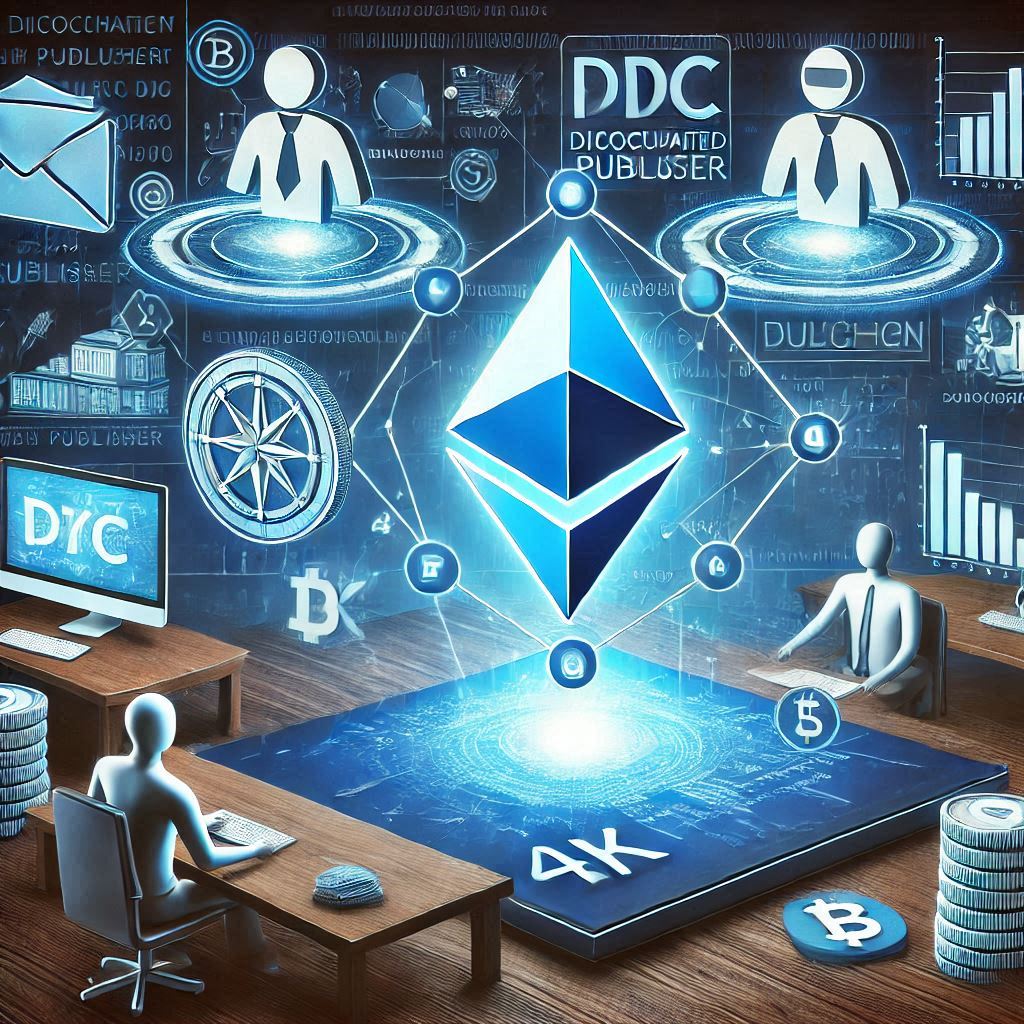Whether an investor, reader, writer, or publisher decentralized publishing (dPub) has something you need. Decentralized publishing refers to the process of creating, distributing, and consuming content without relying on a central authority or intermediary. In traditional centralized publishing, a single entity controls the content, decides what gets published, and dictates the terms of distribution.
How Decentralized Publishing Works
Decentralized publishing uses blockchain technology and peer-to-peer networks to enable direct communication between creators, publishers, and consumers. This allows for:
- Control by the creators: Creators have full control over their content, deciding who can access it and under what conditions.
- No intermediaries: No middlemen, such as publishers or distributors, are needed to facilitate the distribution of content.
- Transparent and secure: Transactions are recorded on a public ledger, ensuring the integrity and provenance of the content.
Benefits of Decentralized Publishing
Decentralized publishing offers several advantages over traditional centralized publishing:
- Increased freedom: Creators have more control over their work and can reach their audience directly.
- Improved security: Content is protected from censorship and tampering.
- Enhanced transparency: The provenance of content is transparent, making it easier to verify its authenticity.
- More revenue potential: Creators can earn more from their work, as they are not subject to the same fees and commissions as traditional publishing models.
Why Decentralized Publishing is Better
Decentralized publishing is better than centralized publishing because it:
- Empowers creators: Gives creators more control over their work and allows them to reach their audience directly.
- Promotes freedom of expression: Enables creators to express themselves freely, without fear of censorship or reprisal.
- Fosters innovation: Encourages innovation and experimentation, as creators are free to try new formats, styles, and ideas.









